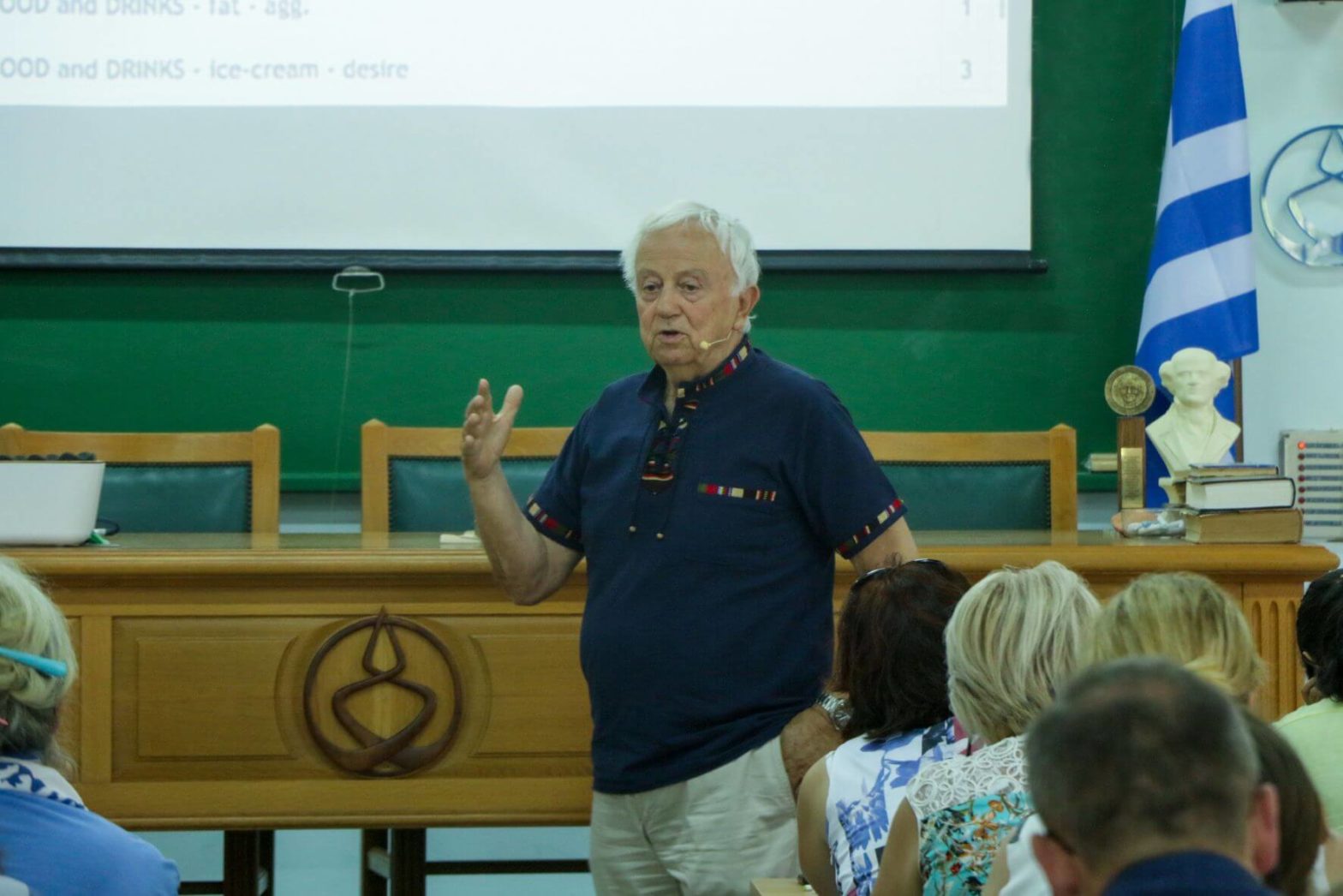George Vithoulkas, Stefano Carlino
Med Sci Monit 2010; 16(2): SR7-15
ID: 878341
Published: 2010-02-01
This essay’s theme was inspired by a question asked by a child: ‘Why do I get ill?’ The question is very interesting, but has no easy answer. This paper discusses a few possible answers to this difficult question. Through the life of a person, from birth to death, there is a “continuum” in the pathological conditions a person may experience. The body, as a whole, suffers deeply any time there is an acute or a chronic condition that is either maltreated or neglected. Chronic and acute diseases in the medical history of a person constitute a rigidly related chain of immune responses in the form of a real “continuum” that at every point in time indicates the end result of this continuum. The idea promoted here is that suppression of diseases, through excess of chemical drugs or other means, many times overwhelms the body’s natural defenses and forces the immune system to compromise and start a deeper line of defense, which then constitute the beginning of a new chronic condition. Thus, the original inflammation of an acute condition may continue as a sub-acute inflammatory process on a deeper level. Acute inflammatory conditions must therefore be treated very carefully from their beginnings in childhood in order not to force the immune system to compromise. It is also suggested here that all chronic degenerative conditions have a sub-acute inflammatory character, and that “inflammation” constitutes the main common parameter of all diseases.
Keywords: Humans, Homeopathy, Disease, Chronic Disease, Acute Disease, Immune System, Models, Biological
